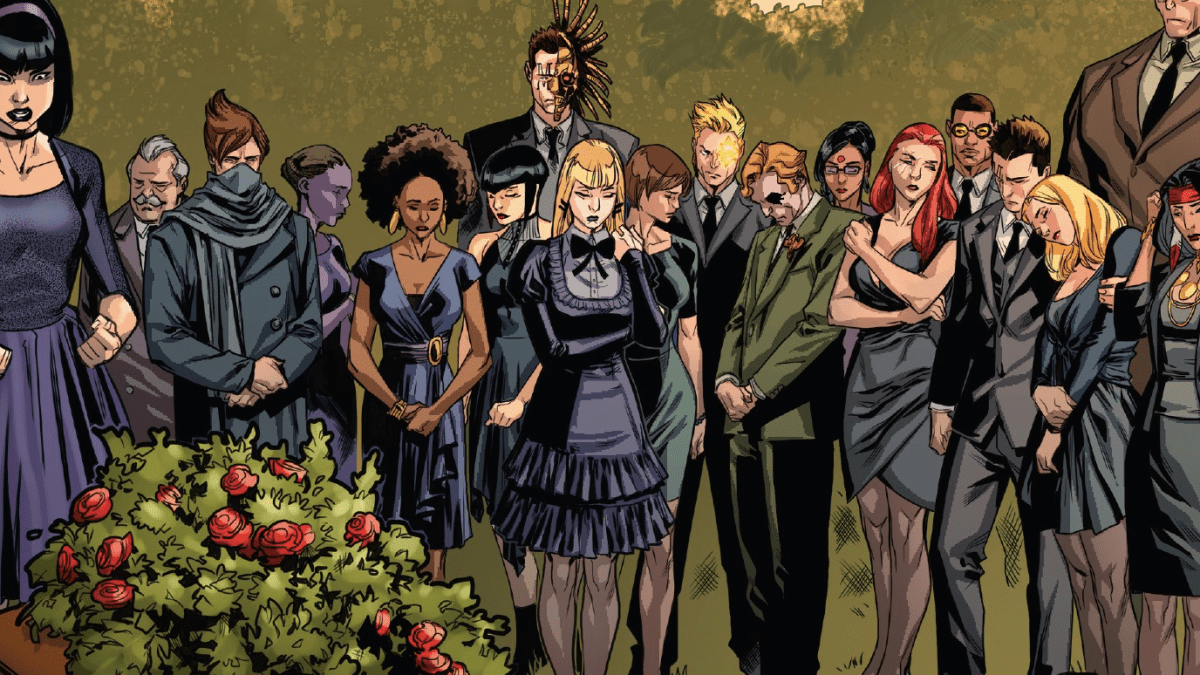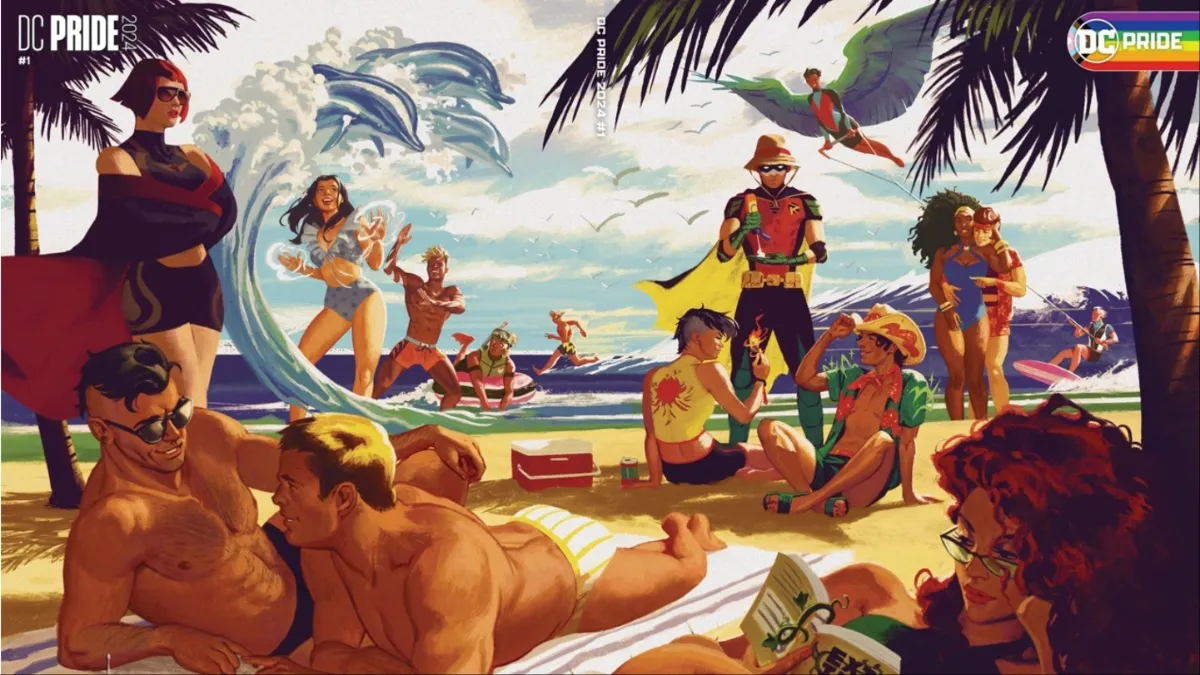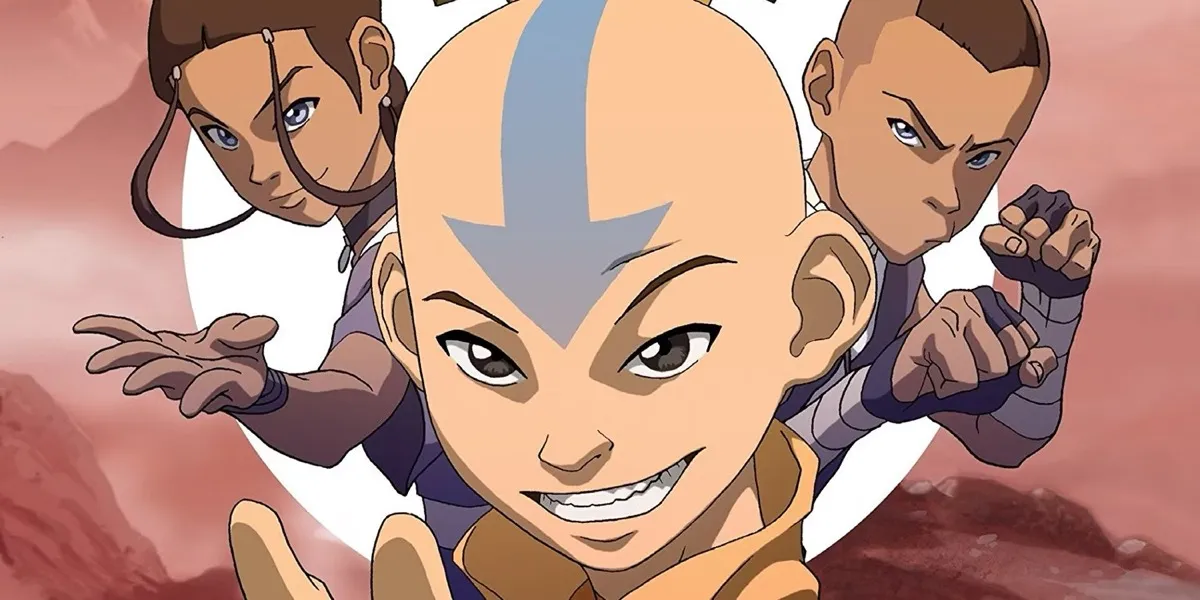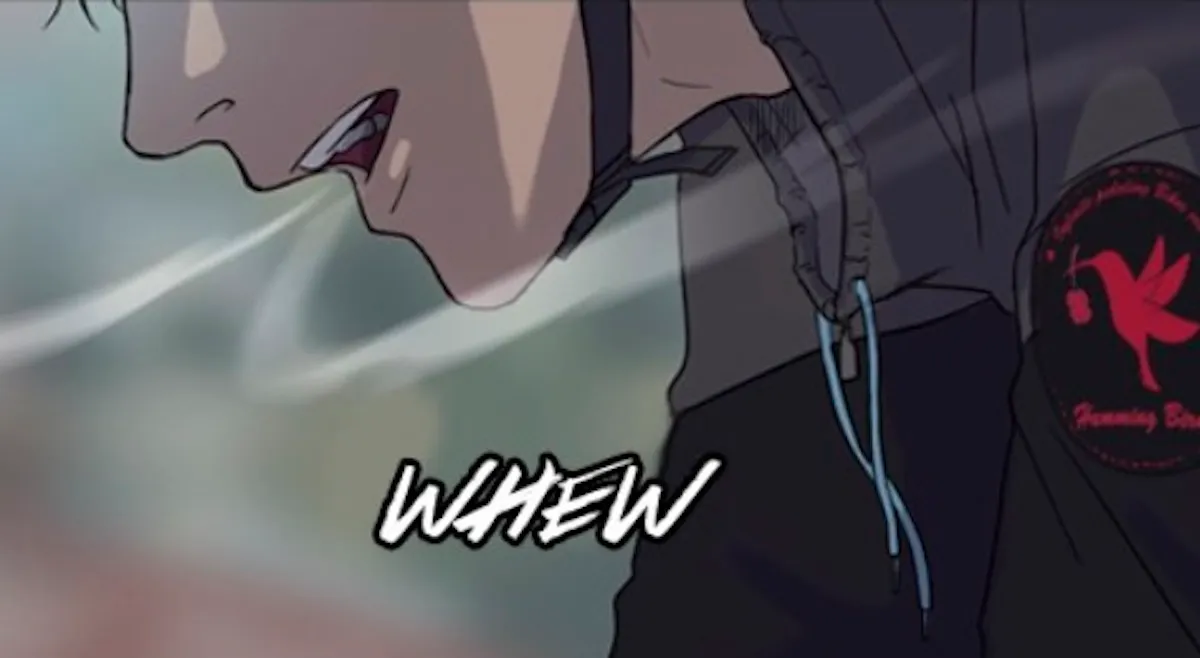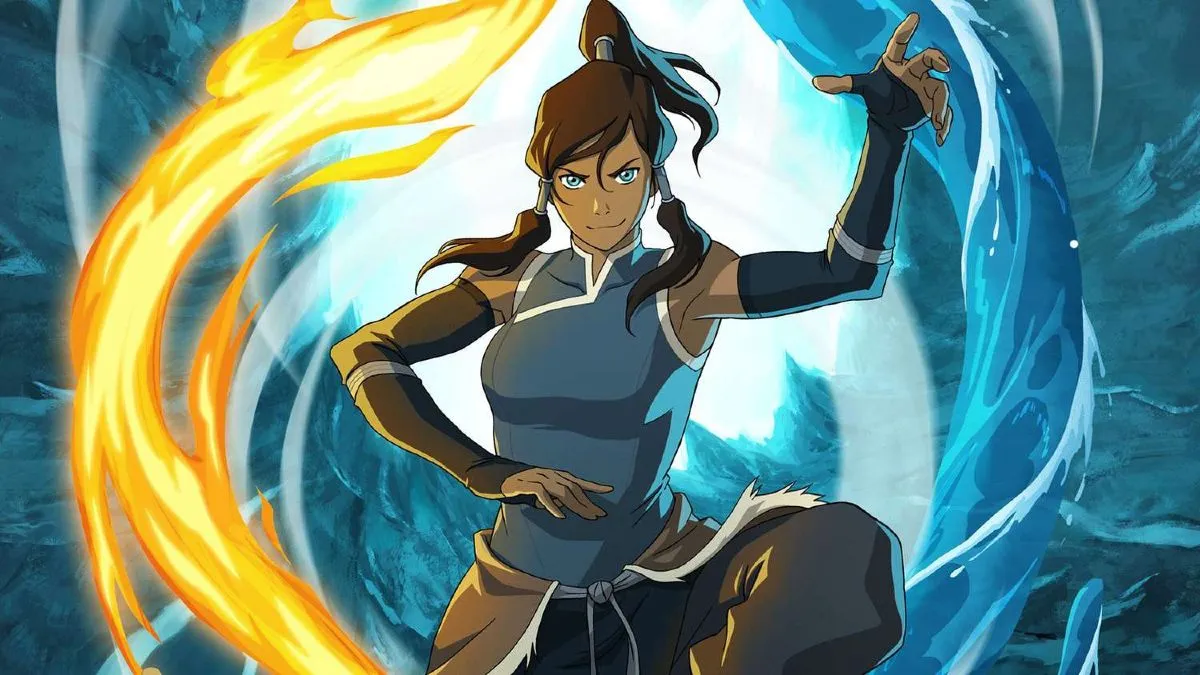There are a lot of things the X-Men comics do well. Since their inception, the mutants of X-Men have long stood in as a powerful parable of discrimination. It’s a metaphor that has found endless applications in the decades-long history of the comics. Mutants have represented a long list of marginalized groups based on religion, race, sexuality, gender, and ability. The “mutants as other” metaphor endures thanks to its child-like simplicity: don’t treat people differently just because they are different from you.
And most of the time, the parallel works. In their thousands of permutations, the X-Men have spent just as much time fighting super-powered baddies as they have defending themselves to humanity. They have been ostracized, “cured”, imprisoned, monitored, and experienced genocide at the hands of countless corrupt authority figures.
But that doesn’t mean they always get it right. Like many other comics franchises, X-Men can fail when trying to make a point. And that’s exactly what happened in Uncanny X-Men #17. The issue sees fan favorite character Rahne Sinclair aka Wolfsbane murdered by a group of men. After trying to hit on her, the men discover that she’s a mutant and attack her using the language and imagery of transmisogyny.
Rahne is accused of trying to “trick” or manipulate the men, an accusation often leveled at trans women. It is also an unjustifiable excuse for “trans panic”, which men have used for years to condone their panicky reaction, rage, and violence against trans women. And what’s all the more horrifying is it works. Only three states (California, Illinois, Rhode Island) have banned the use of the “trans panic” defense, which has led to the acquittal of countless murders and violent acts.
“Trans panic” and the endemic violence against the trans community (which is so much worse for trans folks of color) is a serious issue. It’s a subject that needs to be handled with authenticity and thoughtfulness. That’s the opposite of what writer Matthew Rosenberg did. Instead, he shoehorned transmisogyny into the murder of a character who is NOT trans, in a misguided attempt at allegory.

Not only is the transmisogyny metaphor incompetently handled, but it also does a grave disservice to the character and spirit of Rahne Sinclair. Sinclair is a trained fighter and a powerful mutant who has overcome her share of abuse and trauma at the hands of men afraid of her power. The idea that she would not fight back against her attackers is patently absurd and poor characterization.
And here’s the thing: characters we love die all the time. And that’s okay. But to kill them off in a way that betrays their very character only to make a ham-fisted point about discrimination is just plain wrong. And to cap it all off, her death is merely used as a catalyst for Wolverine and Cyclops to feel their feelings. It’s textbook fridging, wrapped in an ignorant and ill-conceived trans metaphor.
The issue was met with outcry from fans, causing author Matthew Rosenberg to tweet out an apology.
Also, if you've been reading our book and enjoying it, or disliking it I guess, I'd urge you to consider making a donation to @TransLifeline and help support the vital work they do.https://t.co/9PYNTF2HMF
— (@AshcanPress) May 2, 2019
If anything this event reminds us how important it is to incorporate trans authors and creators when telling trans stories. Inclusivity in the comics industry isn’t just a liberal buzzword, it’s about creating authentic and real stories that don’t traumatize and alienate audiences. It’s really not that hard.
Have you read Uncanny X-Men #17? What were your thoughts on its treatment of Rahne Sinclair?
(via CBR, image: Marvel)
Want more stories like this? Become a subscriber and support the site!
—The Mary Sue has a strict comment policy that forbids, but is not limited to, personal insults toward anyone, hate speech, and trolling.—



